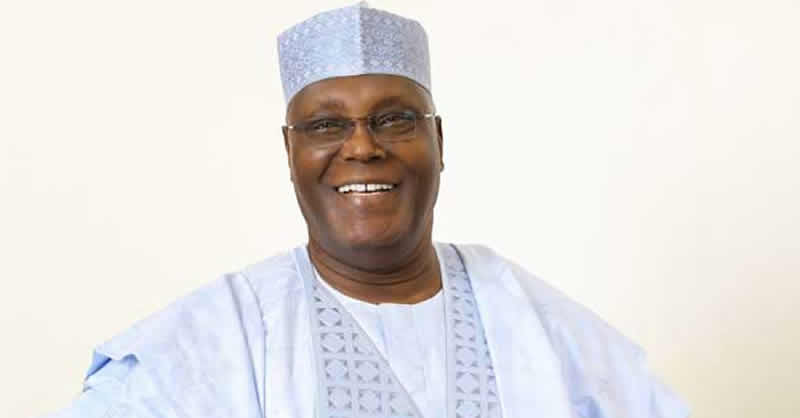By DAYO ADESULU
- Economic Challenges in Nigeria: A Response to the Fuel Subsidy Crisis
Nigeria – October 10– Former Vice President Atiku Abubakar has openly criticized President Bola Tinubu’s handling of the ongoing fuel subsidy crisis, coining the nickname “TPain” in a recent tweet. Atiku attributes the current economic turmoil in Nigeria to what he describes as the “haphazard and disingenuous approach” of Tinubu’s administration.
- Rising Inflation and Economic Hardships
In his statement, Atiku expressed deep concern about the soaring inflation rate, which he claims is significantly affecting the livelihoods of Nigerians. He lamented that while citizens face increasing hardships, President Tinubu seems indifferent to their struggles.
“The haphazard and disingenuous approach of the current administration to fuel subsidy management has been the reason we are in this current economic crisis in the country,” Atiku stated. He added, “As things stand, there will be no let up in the escalating inflation rate, which is drowning the material well-being of Nigerians.”
- The Emergence of “TPain”
The nickname “TPain,” a clever play on Tinubu’s initials and the name of American rapper T-Pain, has gained popularity on social media as frustrations mount over the rising cost of living under his leadership. The term first surfaced on social media in April 2024 but gained significant traction around September 16, following a user’s comment on X (formerly Twitter) regarding the President’s visit to Maiduguri to console flood victims.
- Social Media Response and Public Sentiment
The term “TPain” has since been widely circulated on platforms like X and Instagram, reflecting public sentiment towards the economic challenges faced by Nigerians. As citizens continue to grapple with the consequences of the fuel subsidy crisis, Atiku’s remarks resonate with many who feel the impact of inflation on their daily lives.
Atiku Abubakar’s criticism of President Tinubu highlights the growing discontent among Nigerians regarding economic management and the fuel subsidy issue. As debates intensify, the public remains watchful of the government’s response to the ongoing crisis and its effects on the nation’s economy.


